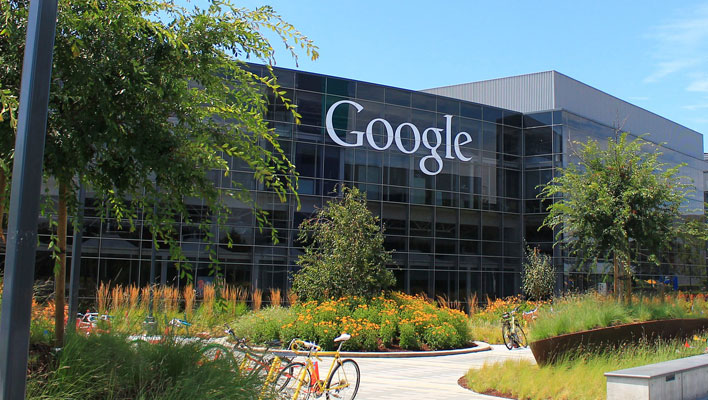Google Dealt Huge Blow In Appeal Of $2.8 Billion Antitrust Penalty Over Shopping Ads

Google had hoped an appeal of a massive €2.42 billion (around $2.8 billion in US currency) fine in Europe over shopping ads would be negated upon appeal, but the search giant was wrong. Very wrong. Europe's General Court upheld the decision by the European Commission, and in doing so, dealt a major blow to Google's chances of not having to pay up.
There's still one more stop for Google and its parent company Alphabet, but only one—Google can file an appeal with the European Court of Justice (ECJ), which is EU's highest court. It's like taking a case to the Supreme Court in the US, in that there are no other avenues when and if the ECJ decides to hear the case and ultimately rule on it.
The costly fine was levied in a 2017 decision, in which the Commission determined Google "abused its dominant position on the market for online general search services in 13 countries." It was determined that Google favored its own comparison shopping service over competing ones, positioning and displaying its results in a "more eye-catching manner."
"Moreover, the latter results, which appeared
as simple generic results (displayed in the form of blue links), were accordingly, unlike results from
Google’s comparison shopping service, prone to being demoted by adjustment algorithms in
Google’s general results pages," EU's courts ruled.
From the perspective of multiple courts in the EU, Google's search tactics as they relate to shopping ads could effectively weaken competition and essentially suppress better search results in favor of its own.
While the initial verdict came in 2017, the case dates back over a decade. One of Google's arguments is that the changes it made to shopping ads were intended to improve search results. It also argued that consumers often search for products directly on Amazon before heading to Google's search engine. However, the General Court rejected Google's arguments, saying in part that merchant platforms are not on the same market.
"Today’s judgment delivers the clear message that Google’s conduct was unlawful and it provides the necessary legal clarity for the market," the Commissions said in a statement. "The Commission will continue to use all tools at its disposal to address the role of big digital platforms on which businesses and users depend to, respectively, access end users and access digital services."
Google has not yet decided if it will appeal the decision (PDF) to the ECJ.

